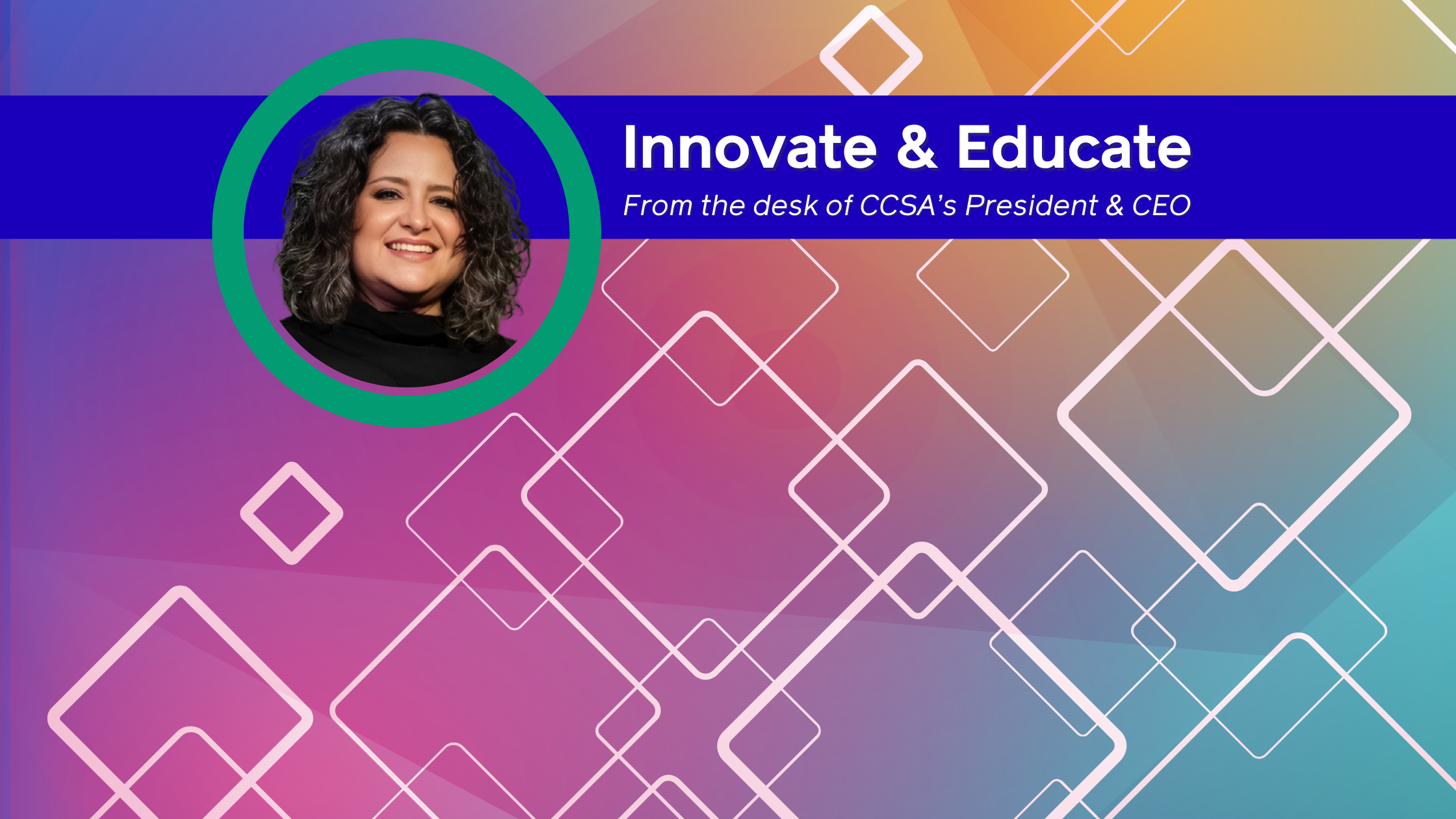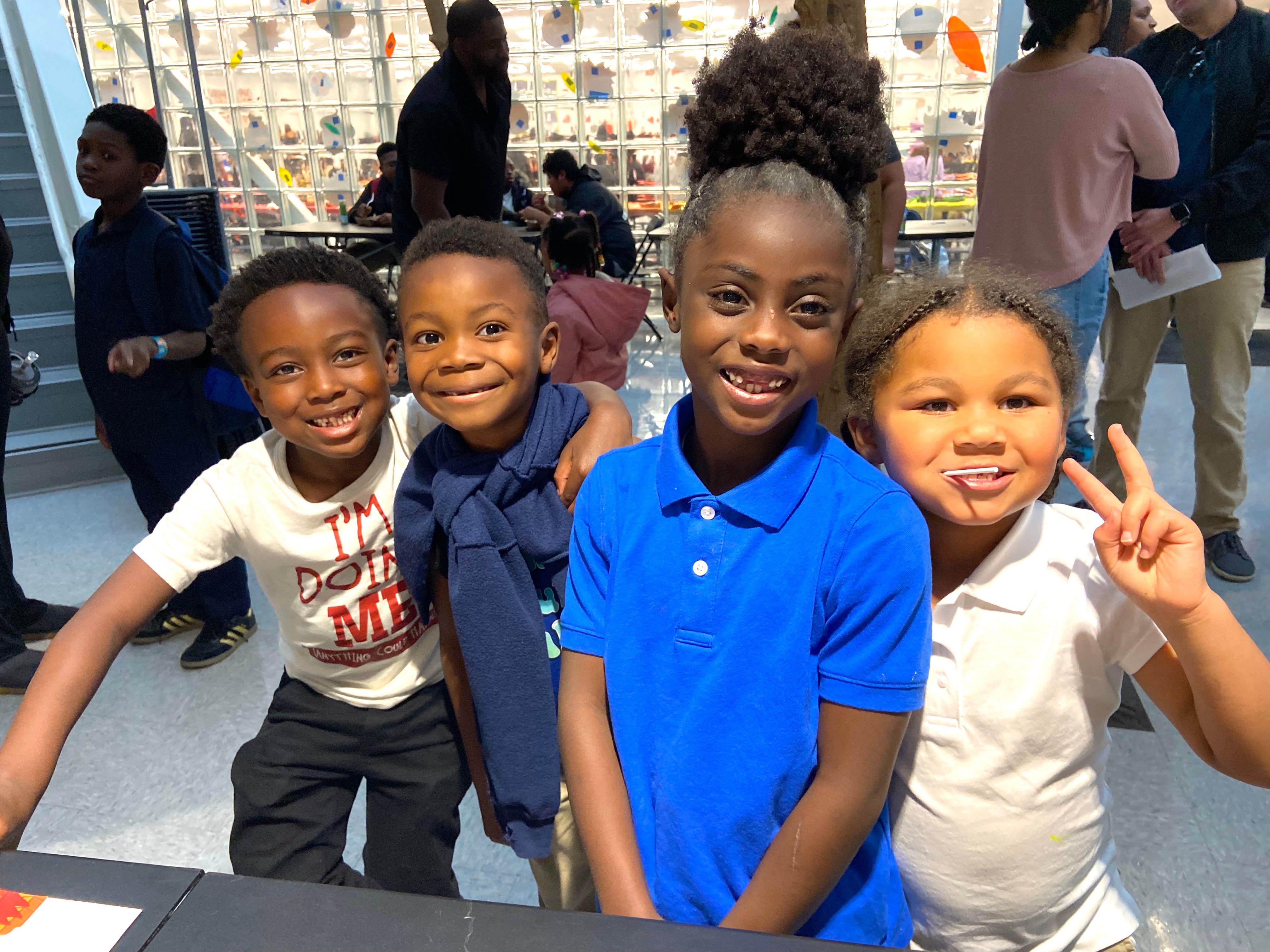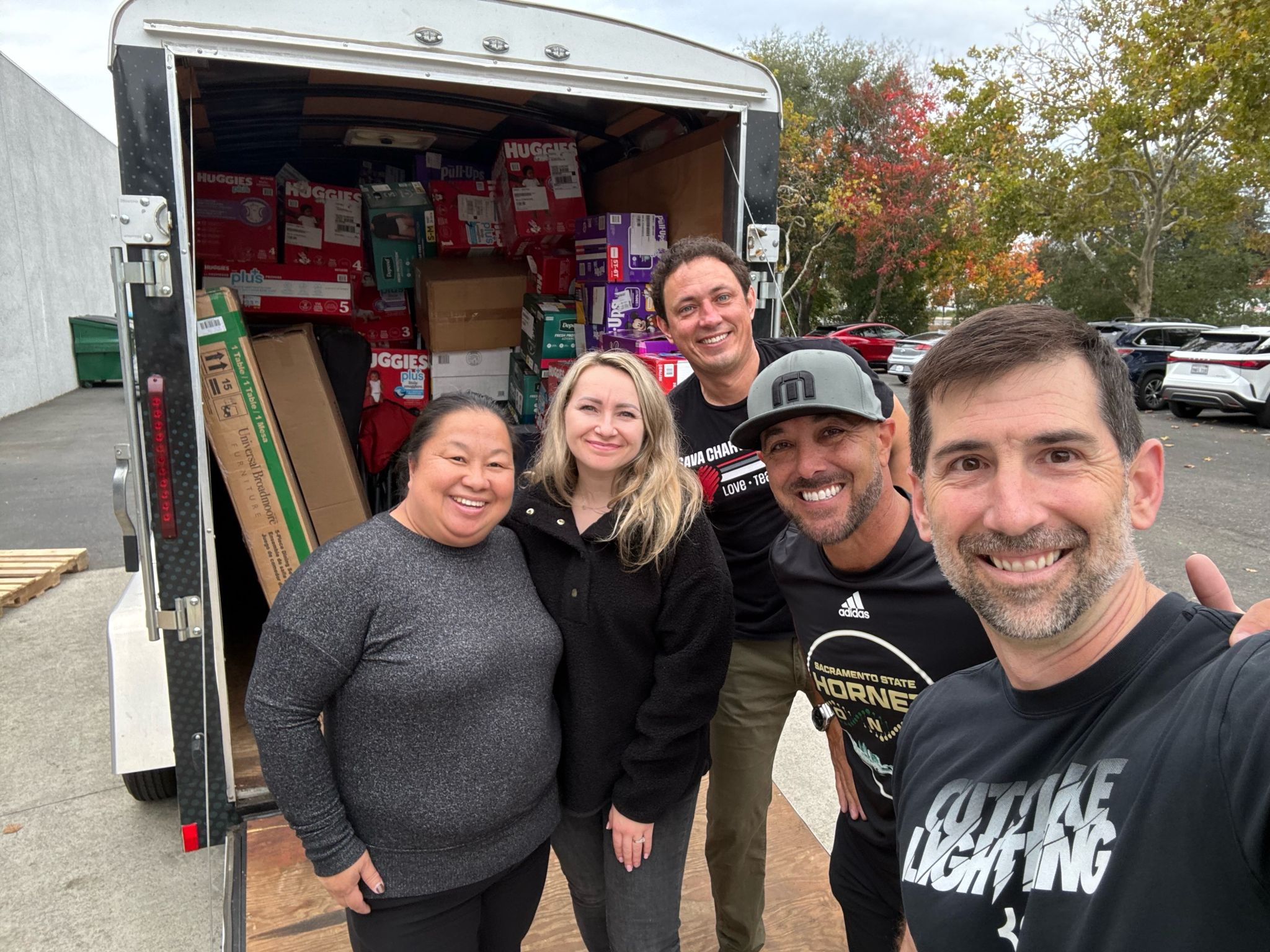For the latest installment of our Equity Champion series, we had the chance to catch up with Fausto Barragan, the principal of San Bernardino-based Norton Science and Language Academy since 2017.
One of 13 children in a family of Mexican immigrants, Fausto was the first in his family to graduate from high school and college. He’s also a self-taught pastry chef—more on that below!
NSLA recently, over the summer, broke ground on a new campus. Ensuring that a diverse and underserved student population is college and career ready is at the heart of the K-8 school’s mission. NSLA realizes this through the school’s bilingual, bi-literate and multicultural education; over 70 percent of students who attend NSLA are eligible for free or reduced price lunch and over 35 percent of its students are English Language Learners.
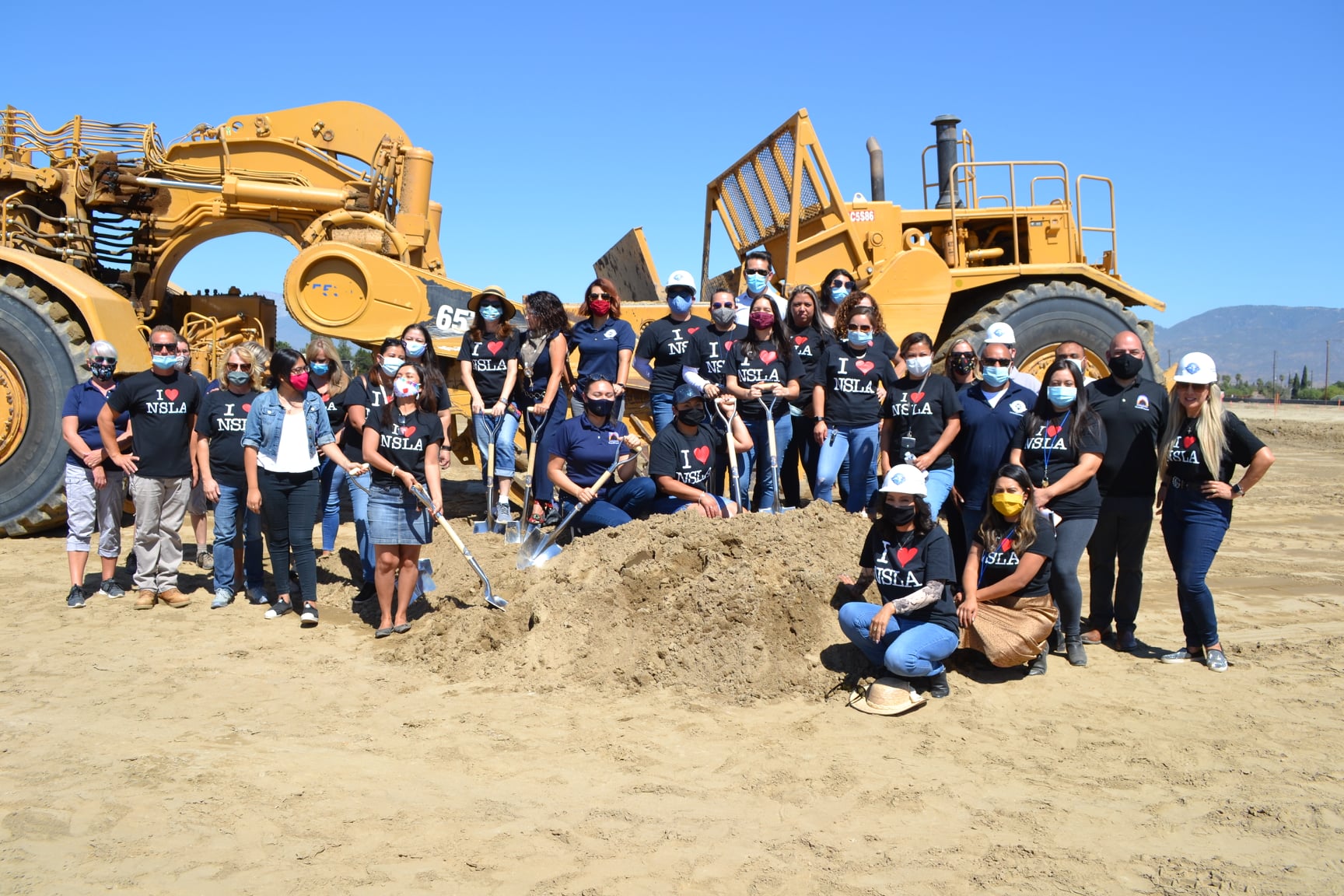
Fausto describes himself as an “accidental principal.” But after nearly 15 years in the role, it’s safe to say that his steadfast commitment to education and students is anything but accidental.
What made you decide to work in education?
I’ve been in education now for 22 years: as a classroom teacher, special education teacher, assistant principal, and now principal for 15 years. The most impactful thing that happened in my life to make me want to be an educator was the connection I built with two teachers who are currently still important parts of my life.
Specifically, a music teacher in high school pretty much saved my life when I decided to drop out of high school [in my] senior year because of bullying and different things that went on that were negative…I’m one of 13 kids and we grew up in Los Angeles in a two bedroom apartment and my parents struggled to provide financially...Education was not valued at home.
I’m the first and last of 13 to make it past high school. For me, school was a safe haven. I wanted to make the same impact that my teachers had on me…I’m in education for students. Students are my core. If I can continue doing that for 22 plus years, I’d be really happy in that role.
Did you envision yourself becoming a principal?
I’m an accidental principal… I got a call from the principal at the school I was previously at. She asked what I did for my scores to be outliers from everything else. A few months later she contacted me again and asked me to consider joining her team and becoming her assistant principal…I said yeah, I want to try it. A month after I became the assistant principal, she stepped down. The board said you’re it for now while we find the right person. They went through interview after interview and they could never find the right person... I always say it was it an accident, but I’ll be honest, it’s been a tremendous blessing.
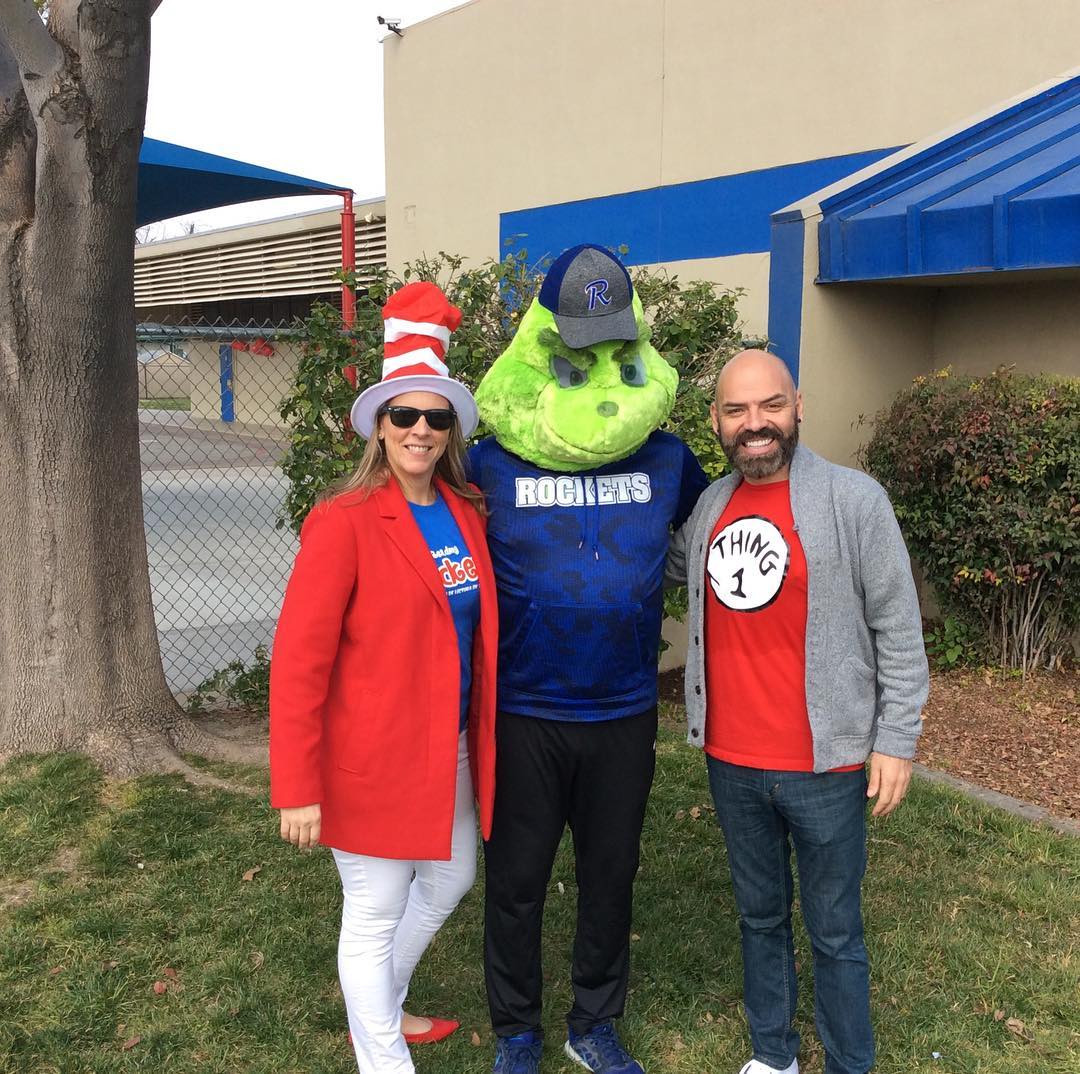
As you may know, we recently had Hispanic Heritage Month. Can you discuss how being a leader of color has impacted Black and Brown students you’ve had about what’s possible in pursuing a position in leadership?
My core message: anyone can do whatever they want if they set their mind to it, their heart to it, if they work hard for it. For me, I see many victories for former students who are now teachers and have families and involved in all fields. Students who have reconnected with me and who have told me ‘You influenced my life. You were a good teacher. You fought for us. You advocated for us.’ That’s very rewarding.
The most impactful and powerful way to lead students to make good life choices…are those connections that you make in the classroom, in the hallways, in those conversations where you have to hold those students accountable. I believe very strongly in connections… Students feel and see that… When a leader shares their story, all assumptions are gone. I’m a principal, I grew up in the not best circumstances. I’m not the most articulate person. I’m human. But they also see that despite my humanness and former challenges, I was still able to make it. They know that if they push hard, give it ganas, if they play that sport really well, if they’re dedicated to reading that book, if they’re dedicated to singing that song, they can succeed. I like to be an example of what can come out of adversity, but also what can come out of a person that’s a minority, that’s sometimes underrepresented, that sometimes faces a lot of obstacles.
What would you say makes Norton Science & Language Academy unique from other nearby schools?
Part of our mission is creating global citizens. You can aim to create global citizens by providing diverse literature inside the classroom, by being a strong dual immersion program that not just teaches English and Spanish but teaches the origins of language.
But our building of global citizens goes outside our walls. We are very privileged to have strong partnerships with JPL (Jet Propulsion Laboratory) and NASA. We also have access to a telescope up in the high desert called the Goldstone Apple Valley Radio Telescope. We give our students the opportunity to track space data, black hole data and different kinds of data with the hands-on experience of maneuvering this telescope. Through this telescope experience, we’ve made connections with Chile, China, and established partnerships with other countries and states.
One of the great experiences we gave our students the year before last, we were able to take six of our middle school students to our sister school in Concepción, Chile to study science there for a week. And we hosted a team from Chile for two weeks and they got to experience what learning is like at Norton Academy. That vision of becoming global citizens is something that we work on every day because our kids come from over 22 school districts…and our families want to keep coming to our school. We are a very diverse campus…We take all students.
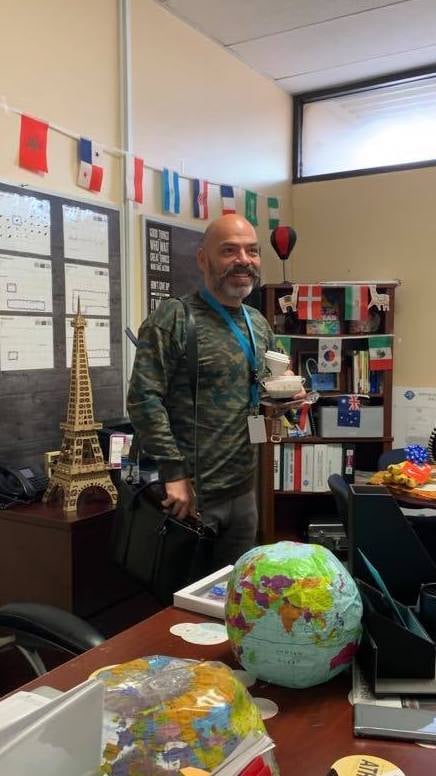
During COVID-19, what have been some of the most important steps NSLA has taken to implement a successful distance learning program that limits learning loss and keeps students and staff connected?
The first and most important step that took place was collaborative action. At every moment since we had to close school on March 13, all stakeholders—teachers, parents, staff, every community member, every board member—was involved in the design process because we didn’t know what we were doing.
As a charter [school], we had more autonomy when it came to designing and implementing what we are currently doing for distance learning. We made some very good decisions about technology, communication, access and about making sure each individual student was taken into consideration when it comes to students…The first and most important decision was the acquisition of laptops, iPads, and hot spots in order to get that learning in students hands…
From the initial planning stages, we decided we wanted teachers on campus and our teachers were very open to being on campus. We wanted the integrity of our instructional program to remain as much as possible. We supported teachers. Ultimately, our goal was that we didn’t compromise our student learning…We are not just staying in our current distance learning program and being satisfied with what we have.
We continue to plan, look forward, bring in new programs and systems and innovative ideas into our program to enhance it.
It’s pretty clear from your Twitter feed that you’re a real foodie! Any particular dish that’s provided extra comfort during COVID?
Believe it or not, I don’t eat that much! About three years ago I was selected as one of the top nine pastry chefs in the country. I was selected to be on a show on the Food Network’s [Spring Baking Championship] where I competed against eight of the best pastry chefs [he made it through the fourth week of the competition]. I’m not a professionally trained pastry chef. I believe that food is love. I feed my staff all the time, though not currently because of the pandemic...I love food and the joy it brings. The togetherness it brings and the community it builds. That’s why I’m passionate about it.
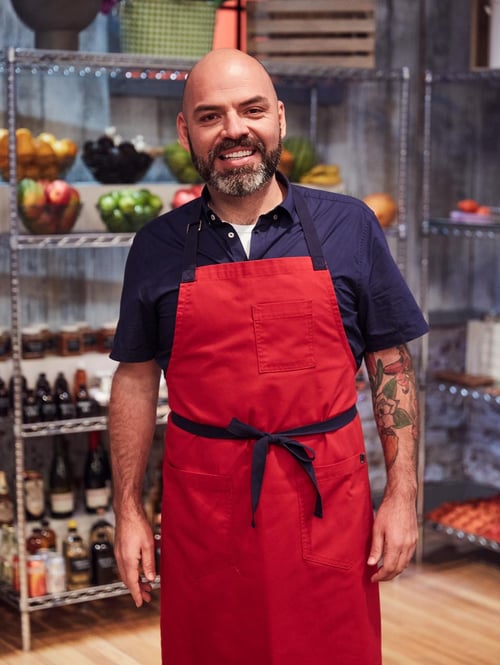
Images courtesy of Norton Science and Language Academy's Facebook page and the Food Network.
